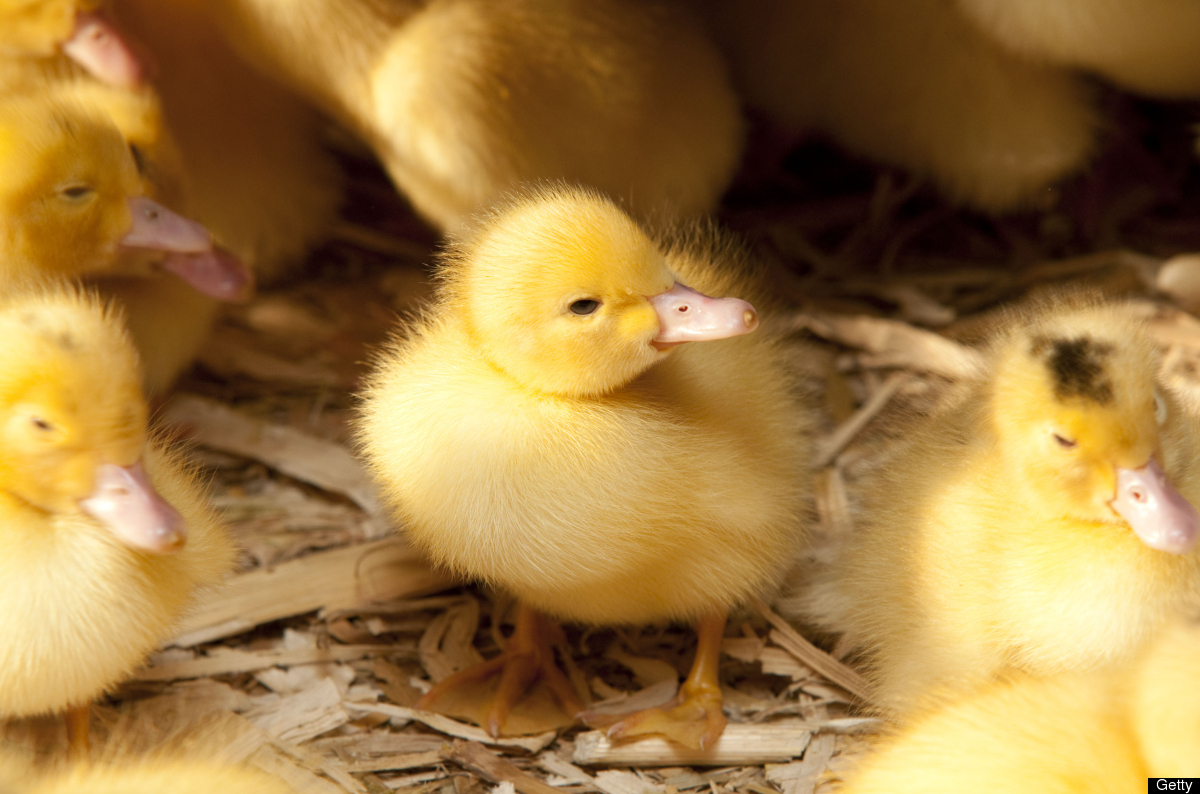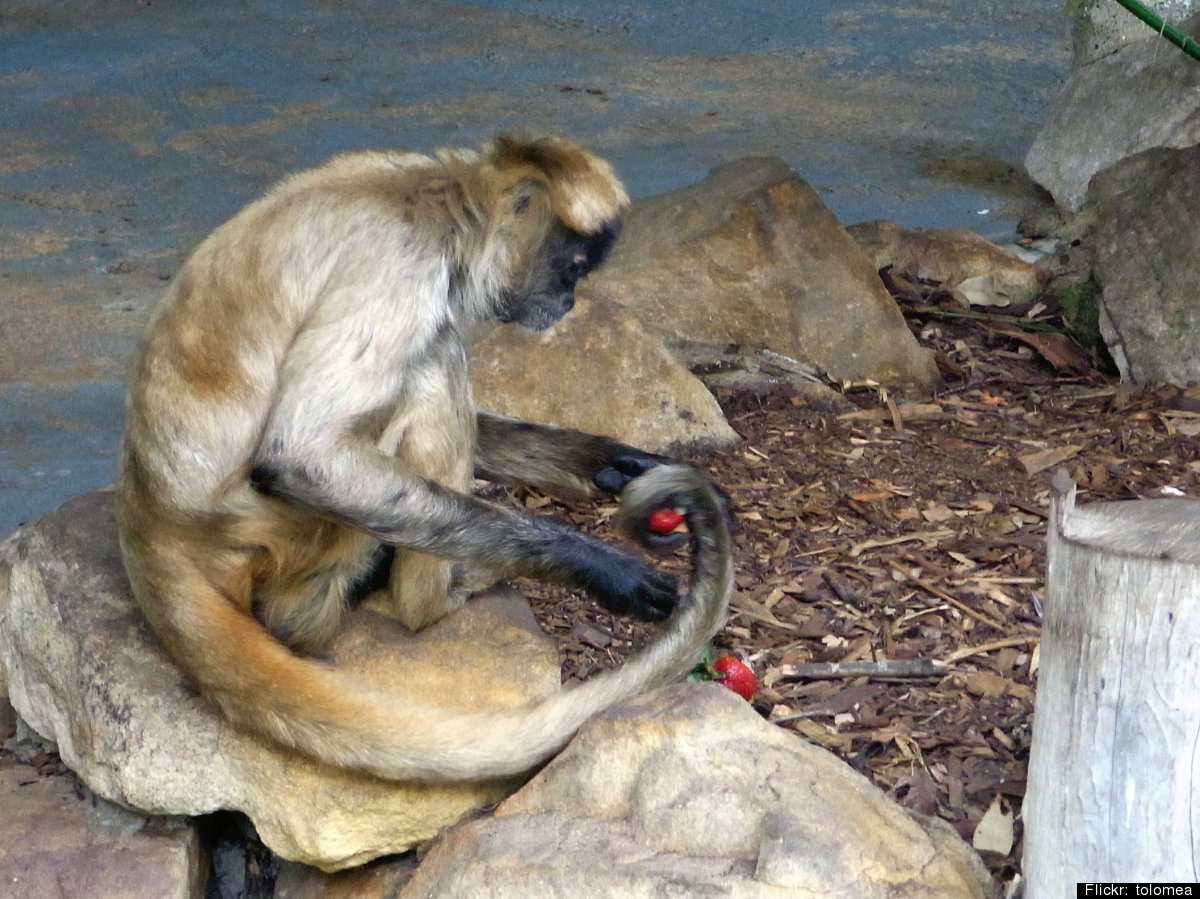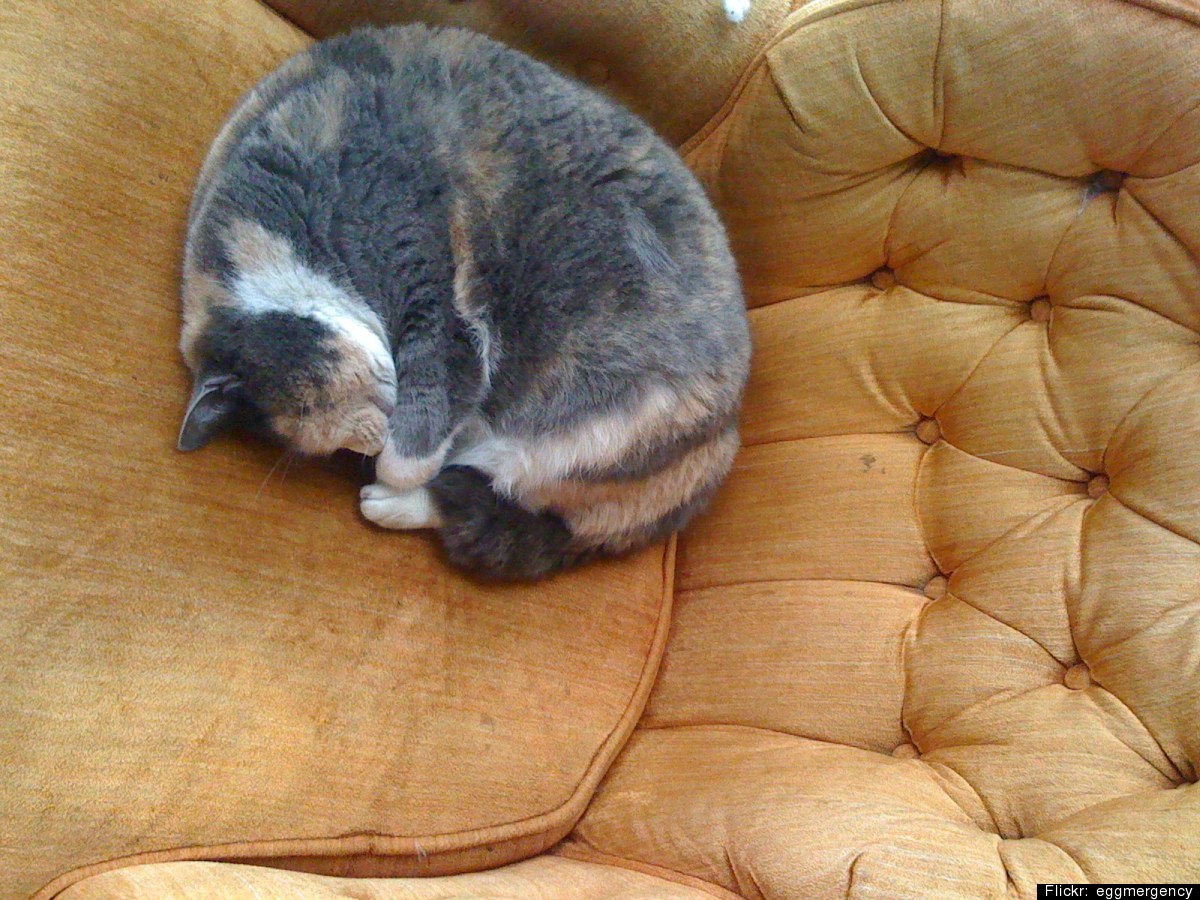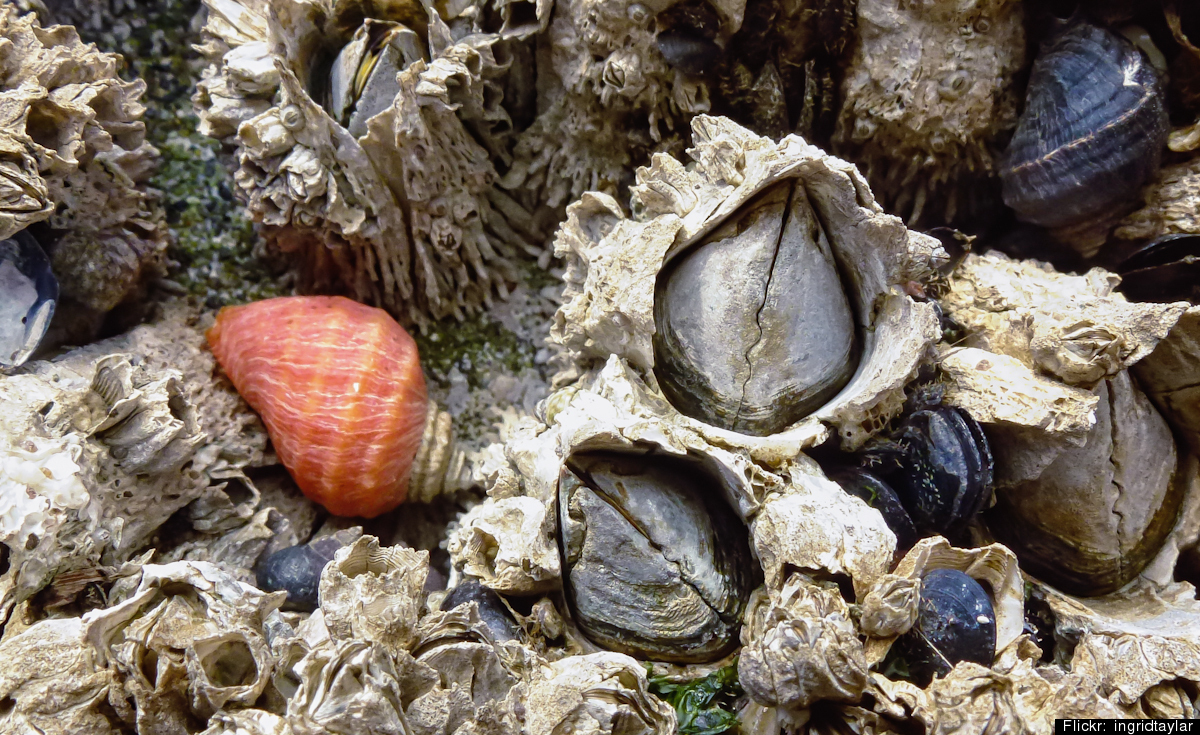- A738aaaaaaa!
- Yes, Mama?
- Comere!
- What is it Mama?
- I'm gonna send an email to your aunty. Say, how do you put a circle around "a"?
- 0_o
-Well...? C'mon! I ain't got all day.
I love this woman.
@
This little guy goes by many names; in English it's called "at sign" or simply "at". That's a given. But how about other languages?
Italian and French
Greek
@ is "papaki" in Greek... meaning "duckling."
Danish
It's referred to the as an "elephant's trunk" in Danish.
German
It's called klammeraffe which means "spider monkey."
They call it שטרודל, or a "strudel." Oy vey!
Finnish
The word miukumauka or "the sign of the meow" is how Finnish speakers describe @, which looks like a sleeping cat. Finns also might call it a kissanhnta or "cat's tail."
Hungarian
Kukac... "worm" or "maggot." Blech!
Yup, they're gummy worms. So what? I can't look at actual worms without squirming. No pun intended. Sue me.
Korean
In Korean, @ is called golbangi, which is similar to "sea snail."
What do you call @ in your language?







Comments
Eleeeeeeeeeeeen!
Wow! You really outdid yourself. Ducks say "pa" instead of "quack" in Greek? Hmm. The more you know. Thanks for the detailed explanation. That was really thorough. ^_^
Oh you don't? Well, that's an acquired taste. Again with the nick, huh, Fata Morgana? I know. That's 'cause she's so awesome.
Again with the nick, huh, Fata Morgana? I know. That's 'cause she's so awesome.
Interesting and funny. Here is the Greek explanation as I found it from a little research.
The rumors say (and seem to be correct) that the old programmers, when they needed to give it a name so they could talk to each other, called it "p" (pee), because he reminds a bit of the calligraphic form of the greek letter "π". When they had two @@ in the row, the spelling sounded like p-p (pee-pee). So, from the Greek poem "Pee-pee, the duck" arose his final name: "Papaki" (little duck).
Some more explanations:
The sound of the duck in Greek is not "quack" but "pee" or "pa". We hear it like that.
The Greek letter "π" is the equivalent letter "p" in English. The calligraphic form of it is this...
Oh my! How nice of you to add more examples to my funky version. Thanks dearest. ^_^
Wow! really interesting blog sweetheart!
Because we don't have particular word for it or meaning of it in my language I am going to say about other culture ok.
Bosnian : 'Crazy'
Cantonese:(Hong Kong): 'The at sign'
Hebrew: 'Snail' Or Shtrudl
Japanese: 'at mark'
Mandarin: 'little mouse'
Norwegian: 'Pigs tail' (?)
Portuguese: 'arroba- a unit of weight'
Russian:' kommercheskoe- means commercial a'
Swedish: 'trunk-a of with an elephant's trunk'
Thai: there is no official word for it but they say 'the wiggling worm like'
Turkish: 'kulak -ear'
This what I learned today after I read your lovely blog.
Thank you & Well Done !
Well, they eat snails, don't they? I thought, "Huh... makes sense." Thanks for the info, though, Estanis.
And agree with Mary too, ours is kind of dull.
As for the French one I've only heard the one similar to Spanish 'arobase'
Oi...,
A monkey. Cool. Thanks for clarifying how to pronounce it an' all. :)
Not yourself per se, in Indonesian, Onee. Really? Nothin'? I doubt it.
I knew you're gonna love the Finnish one. Thanks for attaching the pic, by the way.
I couldn't help it. I'm ashamed. -_-
-
1
-
2
of 2 Next